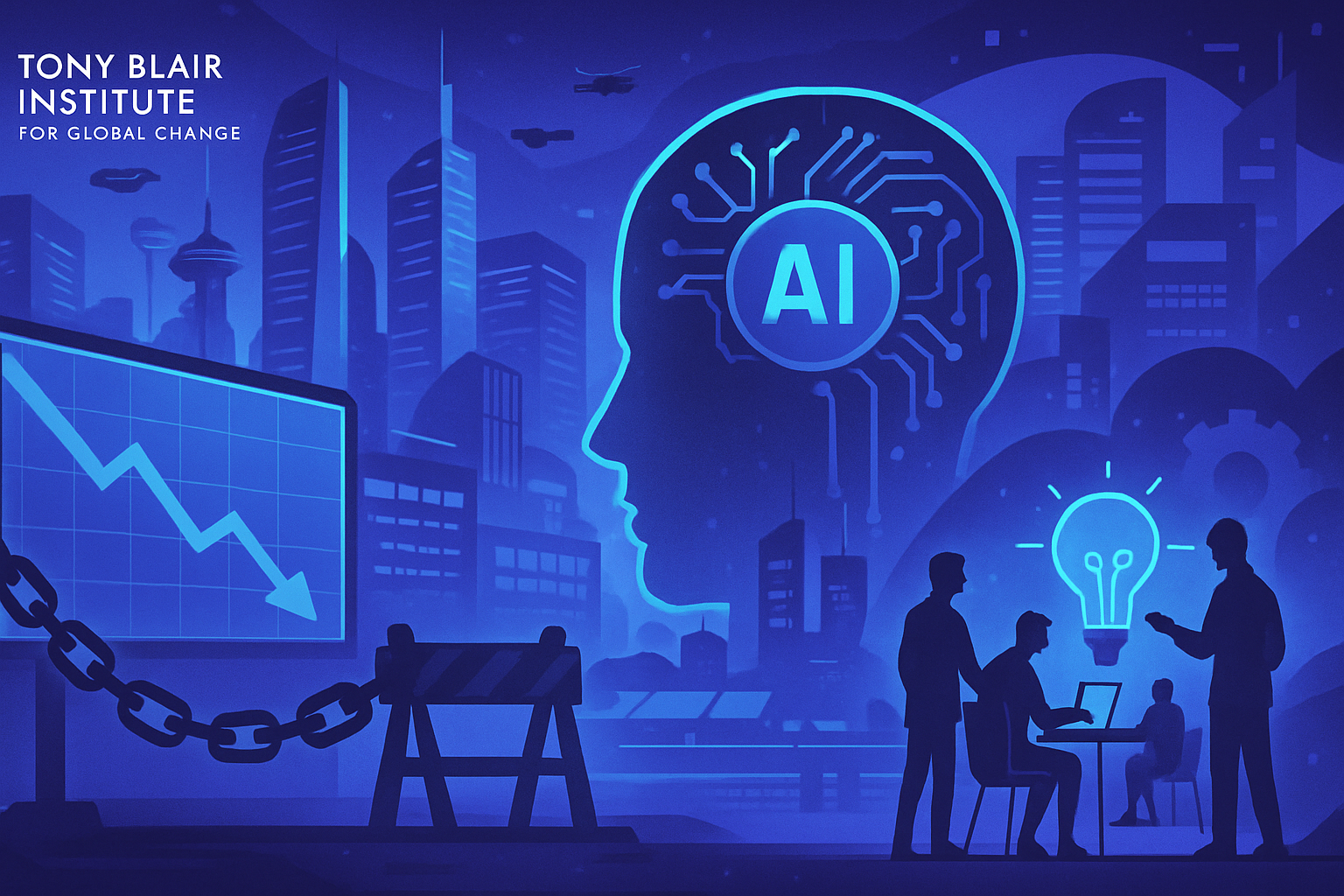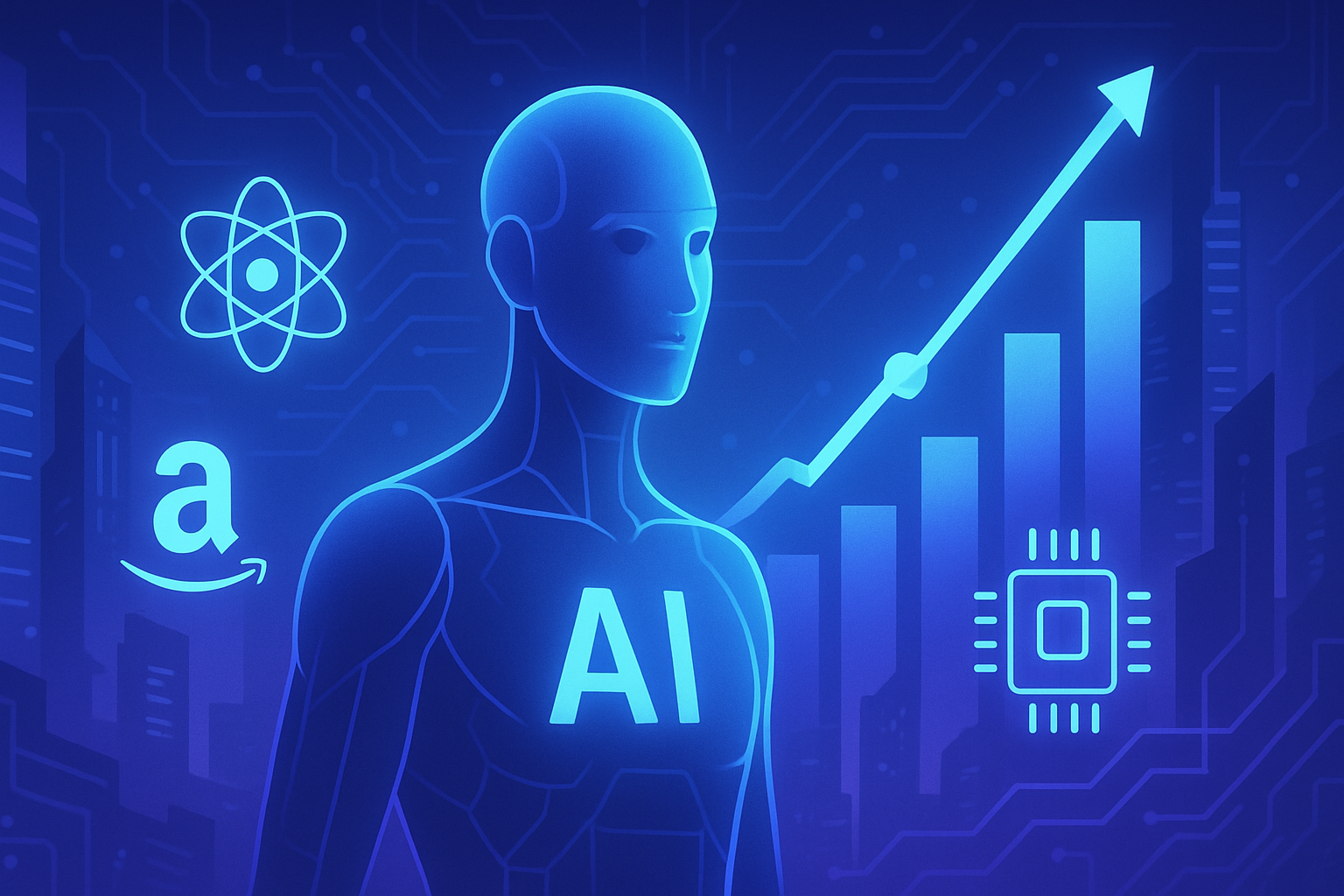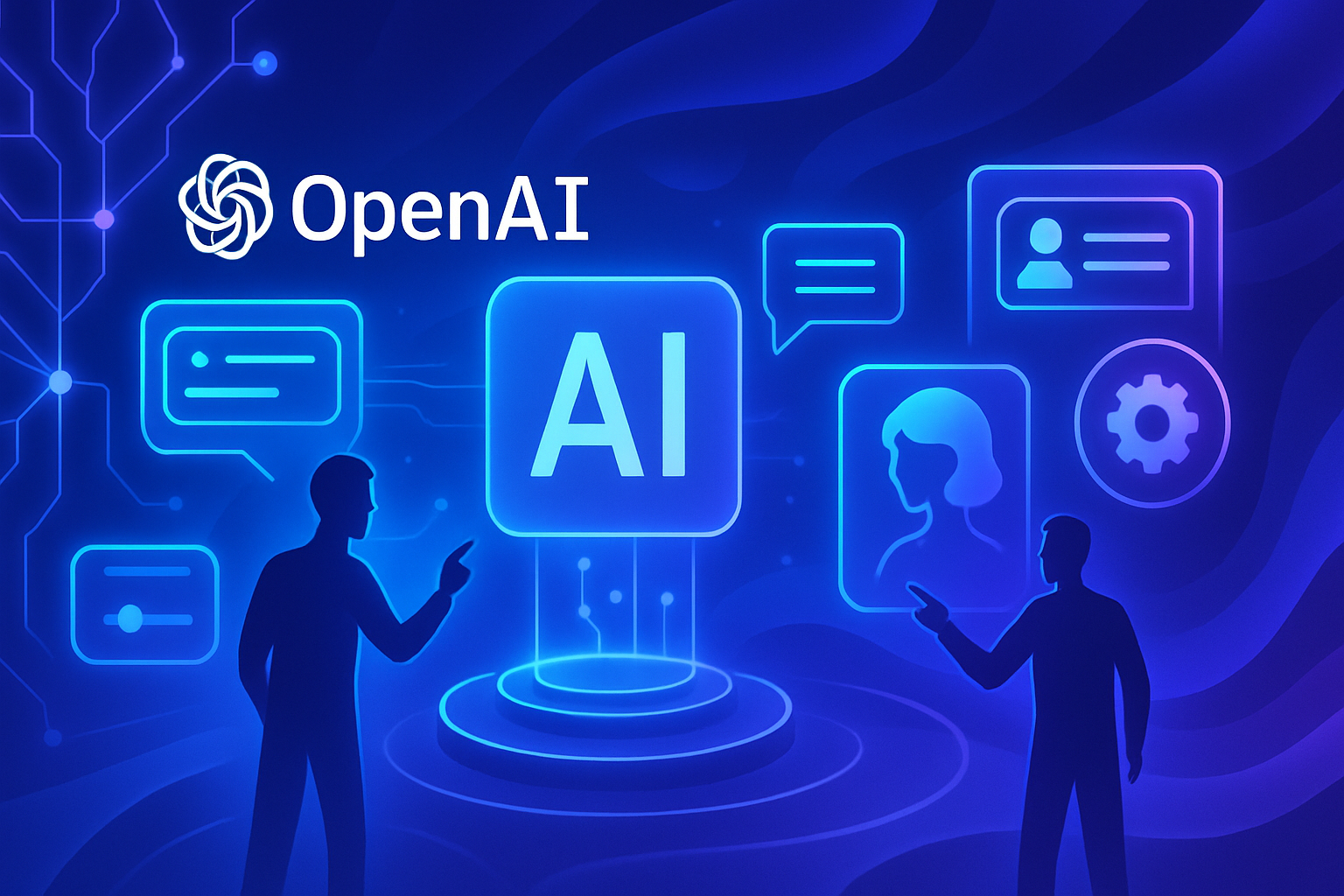Artificial intelligence is raising growing concerns within British society. A study by Tony Blair’s think tank reveals a majority perception: AI is mainly seen as an economic risk rather than an opportunity. Nearly 38% of British people consider this technology threatening to the economy, while only 20% see it as having beneficial potential.
Distrust of AI is a major barrier to its adoption. The lack of confidence reflects the need for adequate regulation to demonstrate the concrete benefits of this technology. The positive transformation of jobs and the labor market must take center stage to change this perception.
A predominantly negative perception of AI
A recent study commissioned by Tony Blair’s think tank revealed that 38% of British people view artificial intelligence as an economic risk, while only 20% see it as an opportunity. These results highlight a concerning sentiment towards this emerging technology. The survey, which gathered opinions from over 3,700 adults, indicates a significant imbalance in the perception of AI in the UK.
Concerns about the impact on employment
Many respondents express concerns about the potential impact of AI on the economy and jobs. Agencies such as the International Monetary Fund and the Organization for Economic Cooperation and Development share similar concerns, estimating that AI could lead to the disappearance of up to 3 million jobs in the British private sector.
A generalized distrust of technology
The lack of trust represents a major obstacle to the adoption of artificial intelligence. The survey highlights that more than half of those who have never used AI perceive this technology as a threat. In contrast, among regular AI users, only a quarter perceive the tool as a risk. This divergence of perception emphasizes the need for an effort to educate the public about the potential benefits of AI.
Recommendations from Tony Blair’s think tank
Jakob Mökander, director of science and technology policy at TBI, stated that the UK could become a world leader in AI adoption, provided that real public trust is built. He issued five recommendations aimed at increasing this trust, notably through responsible regulations, showcasing beneficial use cases, and AI skills development programs.
The strategic role of AI in economic growth
The British government has placed artificial intelligence at the heart of its economic growth strategy. Keir Starmer has stated that the country must aspire to become a leading superpower in AI. Successfully consolidating the positive perception of digital technologies is crucial to achieving this goal. Indeed, skills development is essential to prepare the workforce for upcoming changes.
Illustrating the benefits of AI for society
Highlighting the concrete advantages of AI could help overcome existing distrust. For example, reducing waiting times in the National Health Service (NHS) or improving employee efficiency could transform perceptions. A parallel is drawn with vaccines, where proper regulations and awareness have fostered wider acceptance. TBI recommends campaigns aimed at raising public awareness about the benefits of AI.
Frequently asked questions
What are the key findings of the Tony Blair think tank’s study on AI in the UK?
The study reveals that 38% of British people perceive AI as an economic risk, while only 20% view it as an opportunity. This highlights a lack of trust in the adoption of this technology.
What are the reasons behind the negative perception of AI among British people?
The lack of trust in AI is the main factor. Many British people are concerned about the impact of AI on the economy and jobs, especially with predictions of job losses in certain sectors.
How does the British government plan to promote AI adoption?
The government has integrated AI into its economic growth strategy and plans to strengthen public trust through educational campaigns and responsible regulation.
Why is it important for the UK to become an “AI superpower”?
Becoming a leader in AI adoption can enhance the UK’s competitiveness on the global stage, especially in light of advances from countries like the United States and China.
What is the forecast for the impact of AI on the job market in the UK?
Experts estimate that AI could lead to the dislocation of 1 to 3 million jobs in the private sector, though some new jobs are also expected to emerge. The true impact on the job market remains to be assessed.
How do regular AI users perceive this technology?
Among regular users, only a quarter perceive AI as a threat, compared to more than half among those who have yet to use this technology, which highlights the importance of user experience.
What recommendations has Tony Blair’s think tank made to strengthen trust in AI?
TBI has proposed to increase public use of AI, showcase its beneficial applications, measure its impact understandably, regulate the technology appropriately, and develop AI skills.






